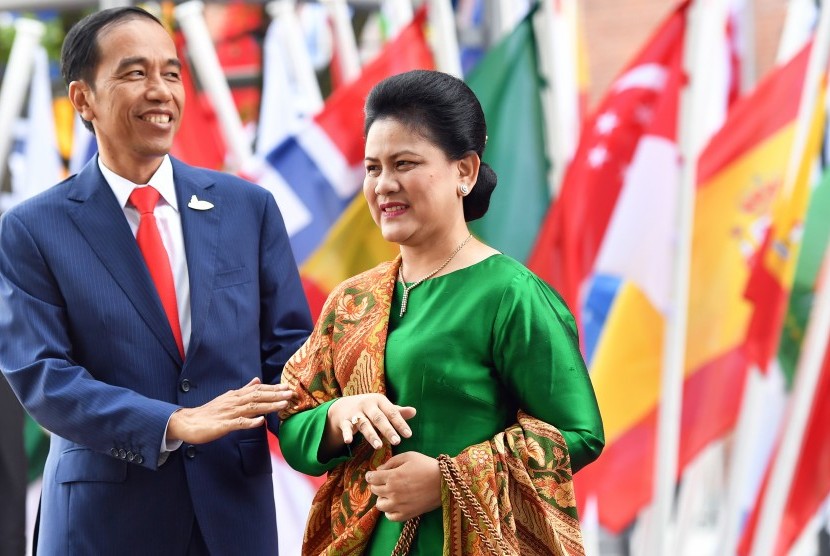REPUBLIKA.CO.ID, JAKARTA -- During the G20 Summit held in Germany on Friday, Indonesia reminded member countries of their commitment to the 2030 Agenda for Sustainable Development.
In the context of sustainable development, Indonesia is highly committed to implementing the 2030 Agenda, Chief of the Press, Media and Information Bureau at the Presidential Secretariat Bey Machmudin noted in a press statement released on Saturday.
President Joko Widodo (Jokowi) said he had taken and led directly a wide range of steps to ensure the implementation of the 2030 Agenda.
Speaking at the second Leaders Retreat Session of the G20 Summit held in Hamburg, Germany, on Friday (July 7), President Jokowi raised the two issues of global trade and growth in addition to sustainable development, climate change, and energy security.
With regard to sustainable development, Indonesia expressed its high commitment to the implementation of the 2030 Agenda.
"I have signed a presidential regulation on the implementation of SDGs (Sustainable Development Goals) and have set up a national coordinating team for it," he remarked.
Indonesia will also use the UN forum in the upcoming week to report on the implementation of the 2030 Agenda through the voluntary national review, he said.
At the G20 Summit, Jokowi also reiterated Indonesia's commitment to implementing the Paris Agreement.
In addressing the challenges of climate change, Indonesia will always be part of the solution by taking several steps to anticipate the impact of climate change, including introducing a moratorium on the opening of new farm land, the president explained.
Also read: Jokowi leaves for Germany after visiting Turkey
In addition, Indonesia has set up a peatland restoration board to restore two million hectares of peatland in five years' time and mitigate efforts to fight forest and land fires, he added.
"Indonesia will also keep down the volume of garbage by up to 30 percent in 2025 through a reduce-reuse-recycle scheme and has set itself the target of slashing marine plastic debris by up to 70 percent in 2025," he stated.
During the energy transition process, the president said Indonesia is also committed to raising the contribution of renewable energy in the national energy mix and increasing the use of biofuels by sticking to climate change mitigation efforts.
At the conclusion of his address, the president urged G20 countries to not give up their commitment to the 2030 Agenda, particularly when it comes to climate change control and energy transition.
On January 1, 2016, the 17 Sustainable Development Goals (SDGs) of the 2030 Agenda for Sustainable Development, adopted by world leaders in September 2015 at a historic UN Summit, officially came into force.
Over the next 15 years, with these new goals that universally apply to all, countries will mobilize efforts to end all forms of poverty, fight inequalities, and tackle climate change while ensuring that no one is left behind.
The SDGs, also known as Global Goals, build on the success of the Millennium Development Goals and aim to go further to end all forms of poverty.


